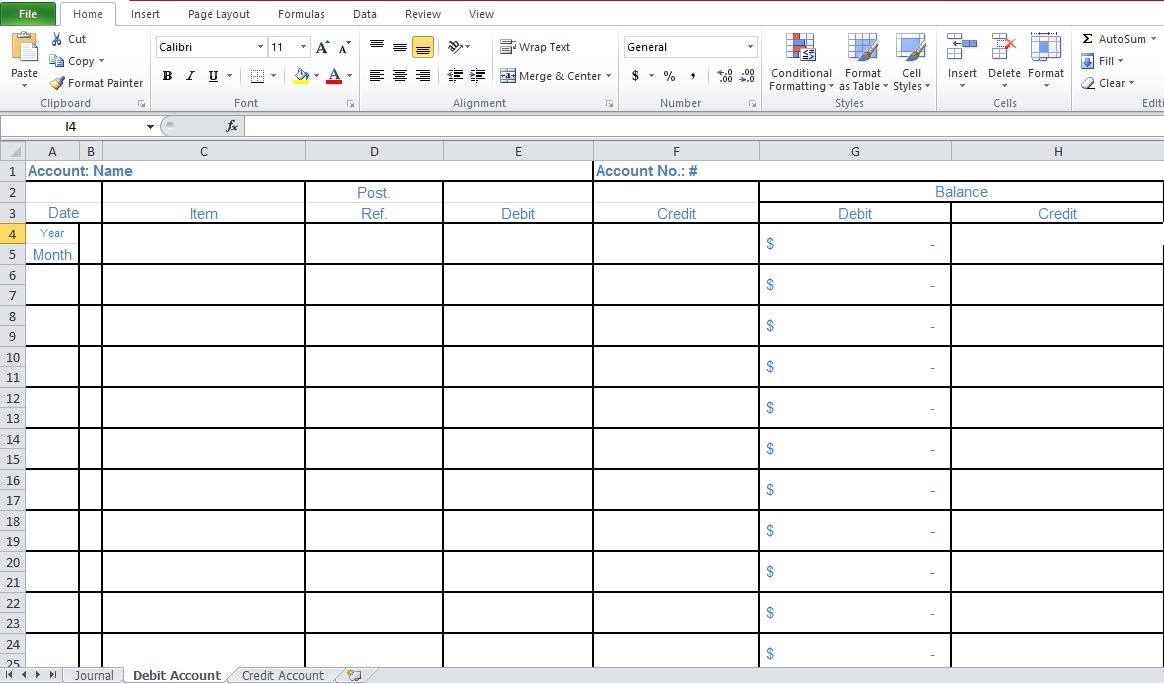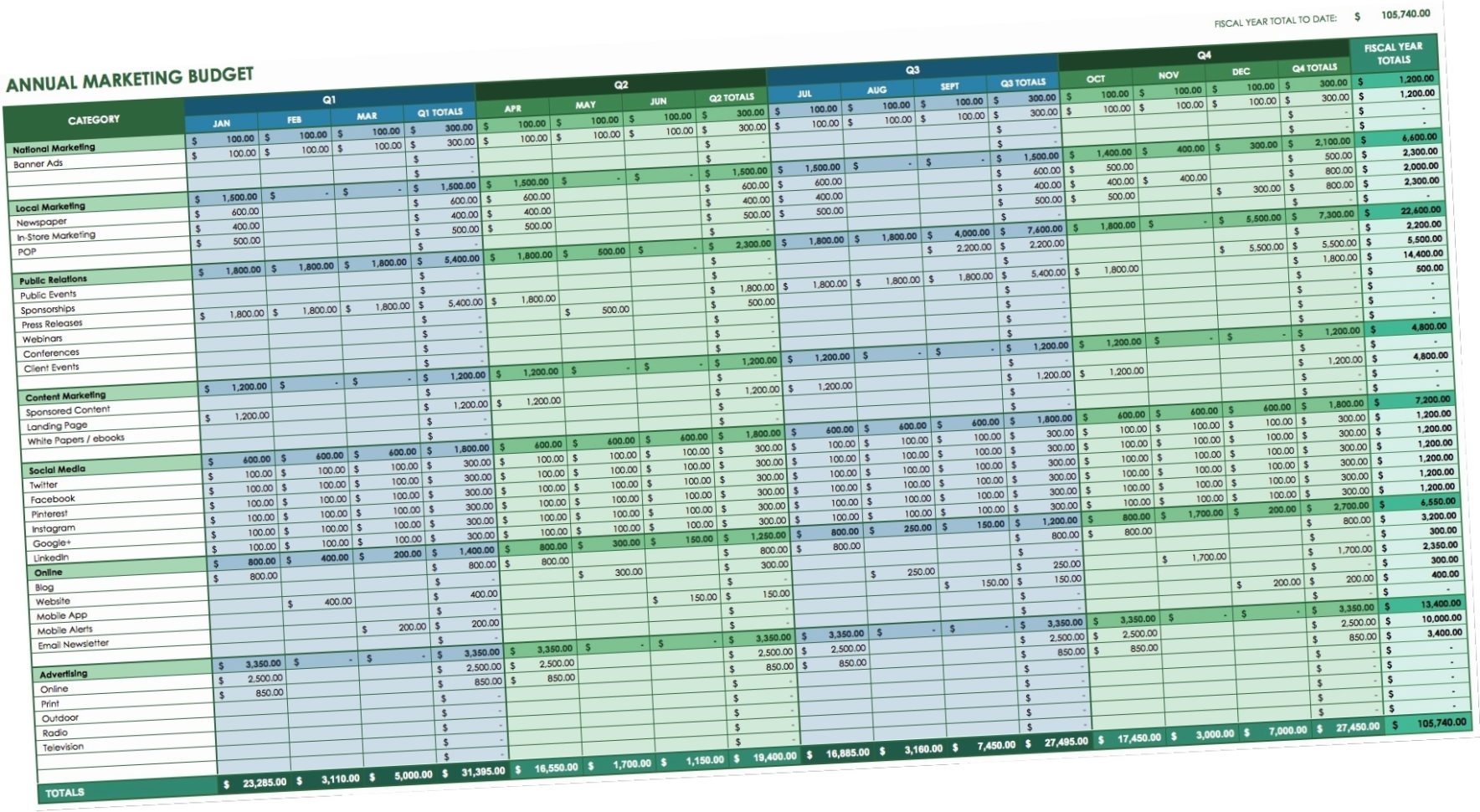

The management of these responsibilities was formerly carried out with the aid of books and ledgers, hence the title “bookkeeping.” Before the information was entered into a ledger, transactions were initially recorded in daybooks, cashbooks, and diaries. Keeping tabs on the amount of money that your firm spends as well as the amount of money that it receives is what this refers to. Bookkeeping and accounting are two related disciplines, but whereas bookkeeping lays the foundation for accounting, the primary focus of accounting is on interpreting the data that bookkeeping compiles.īookkeeping comprises recording and categorising all of your company’s financial activities in order to maintain accurate records. The tasks of issuing invoices, processing payments, maintaining accounts, keeping track of transactions, and generating financial statements are all part of a bookkeeper’s daily routine. This is something you might not have been able to do without the assistance of bookkeeping.

Bookkeeping also helps you uncover opportunities for growing your profits, which you might not have noticed otherwise due to a lack of clear financial records that are easy to read. Keeping track of your numbers enables you to spot potential financial issues at an early stage and find solutions to those issues before they develop into a full-fledged crisis. Bookkeeping is the most frequent method that business owners use to establish whether or not their company is profitable. Let’s start with a definition of bookkeeping.Ī person who is responsible for keeping track of and coordinating the financial operations of a firm is called a book-keeper.

This article will teach you about record keeping, including what kinds of records you should keep, how to keep records, and for how long records should be kept. Instead, keep reading to learn how to master the fundamentals of bookkeeping so that your small business can thrive.ĭespite the inherent unpredictability of running a company, having a reliable record-keeping system can be of great assistance. Best of all, understanding bookkeeping does not necessitate overnight calculus mastery. You’ll feel more secure in your company’s future with the correct bookkeeping tools, and you’ll be able to better understand (and prepare for) its profitability. The practice of recording and organizing a business’s financial transactions is known as bookkeeping. If you’re more passionate about, say, selling secondhand books or providing exceptional life-coaching advice than numbers, the idea of learning bookkeeping may seem daunting, but it may transform your business. However, in order to run a small business, you must have some knowledge of bookkeeping. So, what exactly does it include, and how can you make it less tedious? For novices, we break down bookkeeping. Learning to bookkeep, on the other hand, may have seemed less appealing, especially if you’ve never considered yourself a “math person.”īookkeeping keeps you informed about the state of your small business and helps you stay on track with the ATO.

You were undoubtedly excited to meet your first customers and start making money when you first opened the doors of your small business. Bookkeeping For Small Business in Australia


 0 kommentar(er)
0 kommentar(er)
